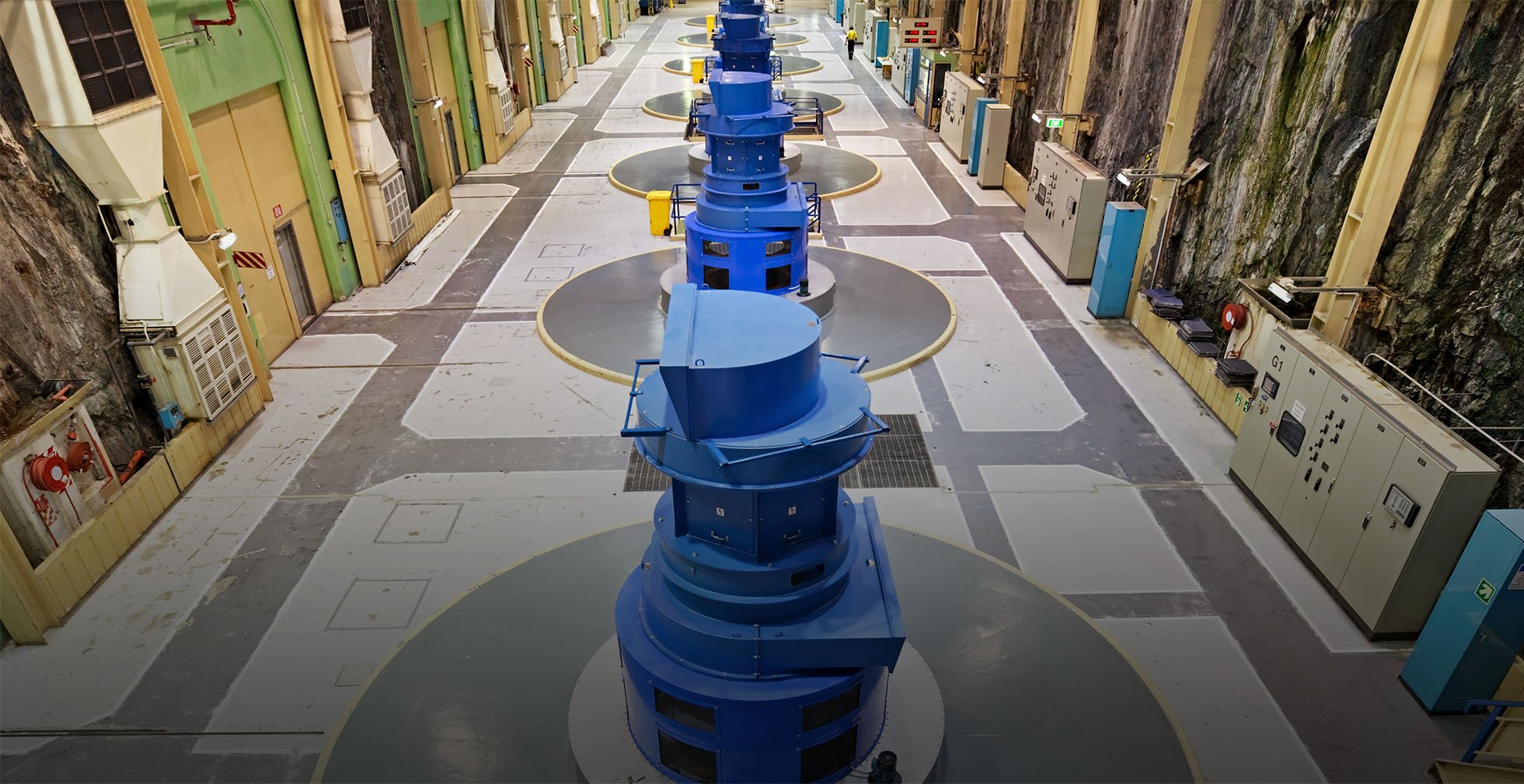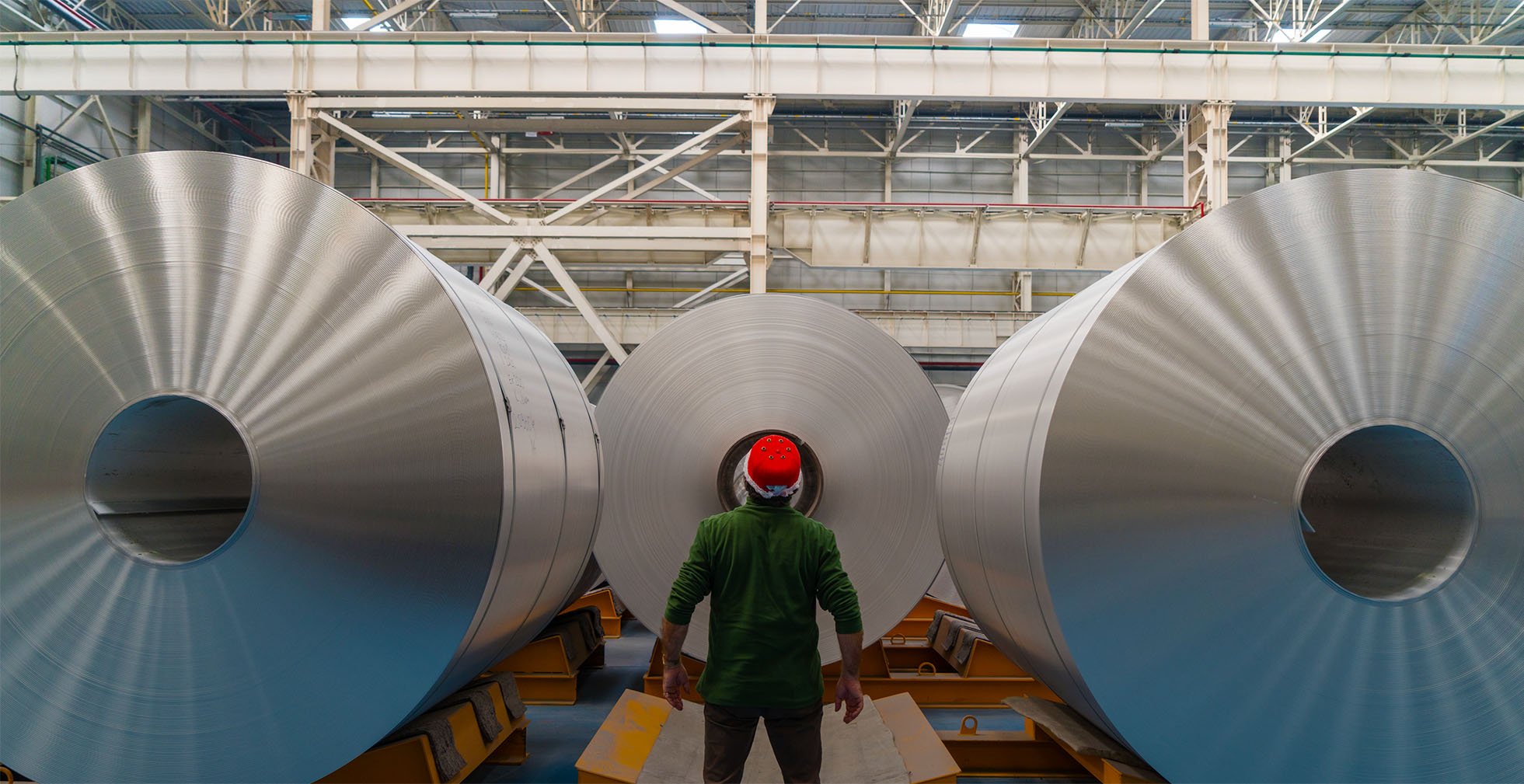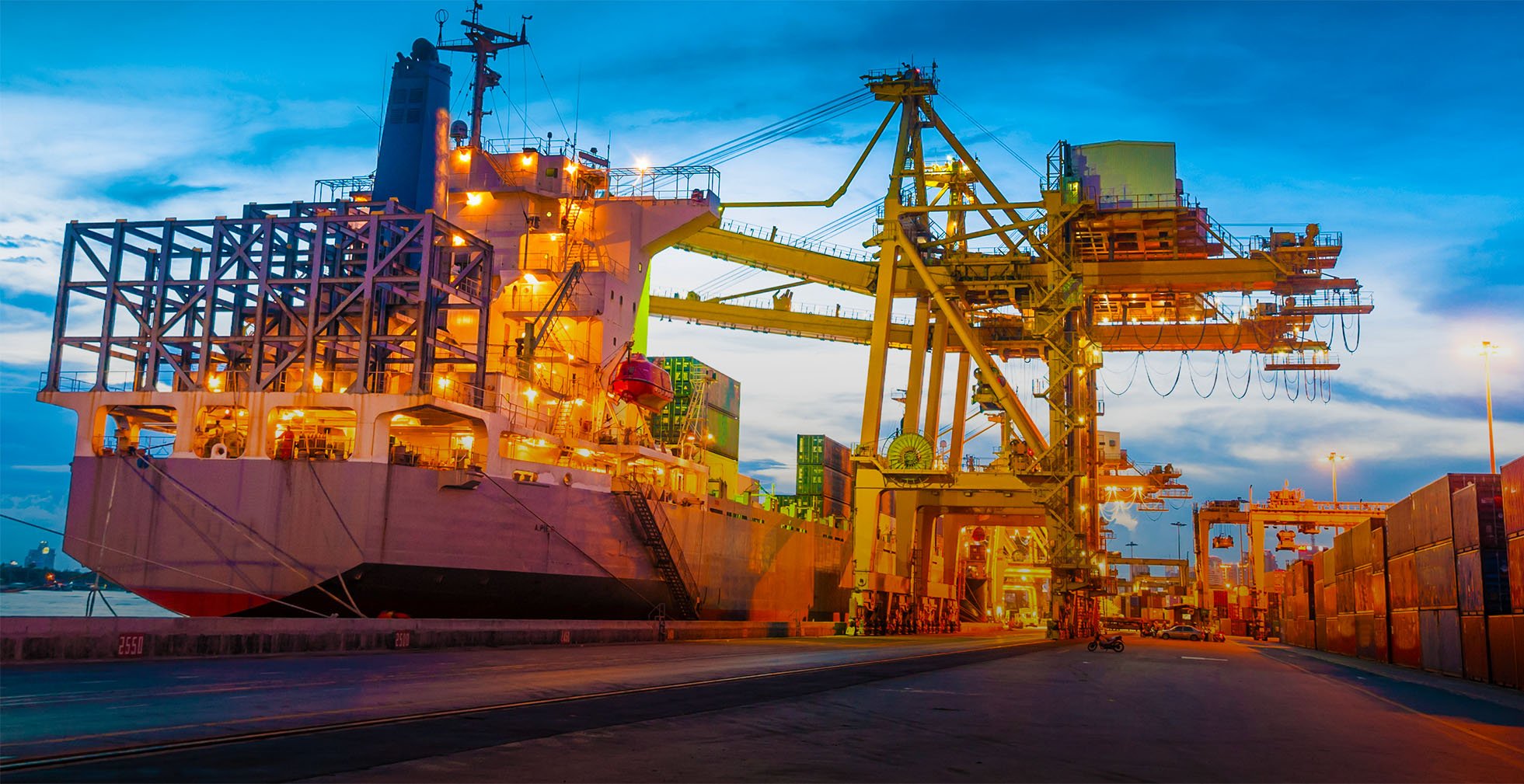
Let Us Power Your Next Project.
Custom Hydraulic and Pneumatic Cylinders

Productivity. Safety. Success.
All Yours When You’re With Purakal

Reliable Performance. Full Power.
We Build to Order

Reliability. Innovation. Speed.
Custom Cylinder Solutions

Absolute Precision. Complete Customization.
We Do the World’s Heavy Lifting
US Craftsmanship. Globally Competitive.
Purakal Cylinders, Inc. and its people are devoted to the delivery of the most reliable, precision-built pneumatic and hydraulic cylinders built in the United States. Our custom fabricated and standard cylinders are behind some of the world’s most critical naval systems, hydroelectric facilities, agricultural, manufacturing and aerospace operations.
We are a privately-owned company, which allows us to focus on our customers’ needs first. Our team of engineers and designers is backed up by highly skilled machinists who have their full attention on precision. They, in turn, are supported by a devoted, attention-focused team of shipping and logistics experts. But our customers are typically unaware of the effort that’s happening behind the scenes. They simply appreciate having a single, dedicated point of contact via our experienced service team.
Learn more about how easy it can be to have the cylinder your project needs manufactured to your specifications – no matter how unusual or exacting.
Products
One thing customers love about Purakal is that we can manufacture exactly to their needs. In many cases, the end use requires absolute precision and the use of finest grade materials available. In others, a simple hard-working cylinder is all that’s needed. Dive into our inventory of standard cylinders, or find out more about our mainstay: custom cylinders.
Standard Cylinders
• Pneumatic Cylinders
• Hydraulic Cylinders Series
• Hydraulic Welded Series
• Hydraulic Super Heavy-Duty Cylinders Series
• Hydraulic Linear Position Cylinders Series
Custom Cylinders
Purakal’s custom order process begins with a conversation or email with our service team. We help define the basic parameters of the part, clarify specifications and materials and then return to you with a proposal for your solution.
Components and Seals
• Seal Kits
• Stroke Parts
• Bearings
• Cylinder Attachments
• Manifolds
See our work.







